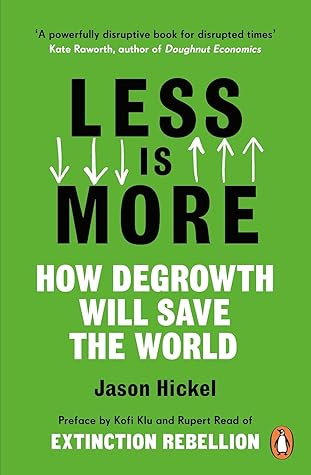The British East India Company and later the Raj sought to speed this transition along by dismantling the communal support systems that people relied on: they destroyed granaries, privatised the irrigation systems, and enclosed the commons that people used for wood, fodder and game. The theory was that these traditional welfare systems made people ‘lazy’, accustomed to easy food and leisure; by removing them, you could discipline people with the threat of hunger, and get them to compete with one another to extract ever higher yields from the land.
Welcome back. Just a moment while we sign you in to your Goodreads account.


